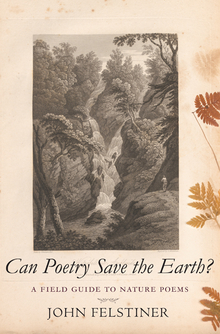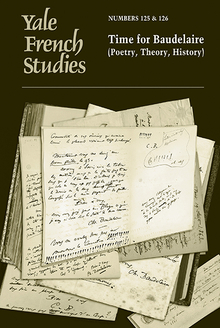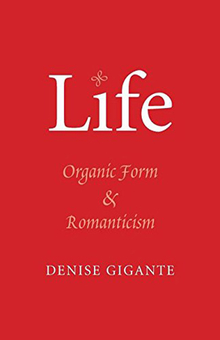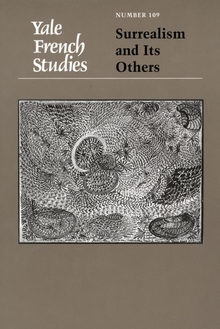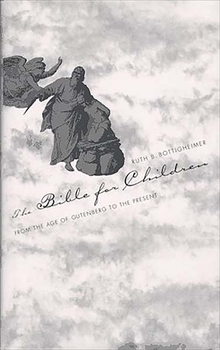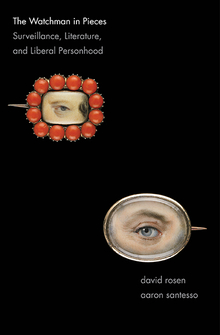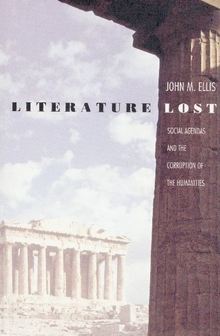Can Poetry Save the Earth?
WARNING
You are viewing an older version of the Yalebooks website. Please visit out new website with more updated information and a better user experience: https://www.yalebooks.com
A Field Guide to Nature Poems
John Felstiner
At a time of environmental crises, poetry can reawaken us to the beauty and fragility of our natural world
Poems vivifying nature have gripped people for centuries. From Biblical times to the present day, poetry has continuously drawn us to the natural world. In this thought-provoking book, John Felstiner explores the rich legacy of poems that take nature as their subject, and he demonstrates their force and beauty. In our own time of environmental crises, he contends, poetry has a unique capacity to restore our attention to our environment in its imperiled state. And, as we take heed, we may well become better stewards of the earth.
In forty brief and lucid chapters, Felstiner presents those voices that have most strongly spoken to and for the natural world. Poets—from the Romantics through Whitman and Dickinson to Elizabeth Bishop and Gary Snyder—have helped us envision such details as ocean winds eroding and rebuilding dunes in the same breath, wild deer freezing in our presence, and a person carving initials on a still-living stranded whale.
Sixty color and black-and-white images, many seen for the first time, bear out visually the environmental imagination this book discovers—a poetic legacy more vital now than ever.
“Felstiner's text here is a series of deep reflections on some of the finest, steadiest British and American poets of the last five centuries, especially the twentieth. It is not about their ideology or activism, but their seeing of the actual world, their ‘dreaming’ as the Mojave storytellers might say, the story of the earth—and their deeply felt love for it. Poetry is, quietly and in the best sense, pagan. Our own English-language poets have—John Felstiner shows us—done their work. It's up to us now and on forward to remember and learn from that.”—Gary Snyder, author of Mountains and Rivers Without End
“A really smart account of how American poets have understood the natural world. This book will be of great use to the poetry-challenged like me, who need help slowing down enough to take in what's being said. It may not save the earth (though it will surely help), but nature poetry can help save you.”—Bill McKibben, author of American Earth: Environmental Writing Since Thoreau
"John Felstiner’s study is a remarkable attempt to bring the rich tradition of nature poetry to our aid in the current and ongoing ecological crisis. I find particularly moving his extraordinary range of sympathy for the very varied poets he discusses."—Harold Bloom
"It is John Felstiner's unique vision of the nature poem as a bio-world in itself—holding safe for us what we have freely endangered—that gives this book a radiance of power and conviction. It also marks it out as of central importance in the developing conversation on poetry and the environment."—Eavan Boland, author of An Origin Like Water
The book's especial distinction, among the plethora of ecocritical studies of poetry now extant, is Felstiner's determination to value poetry for its rhythms, its phonemic patterning, its semantic depth and latitude. If nothing else, he seems to suggest, poetic language in all its determined brevity and self-reference enforces an act of attention in a swirling, ever-hastening infosphere." - Science
Publication Date: October 26, 2010
22 color + 41 b/w illus.

